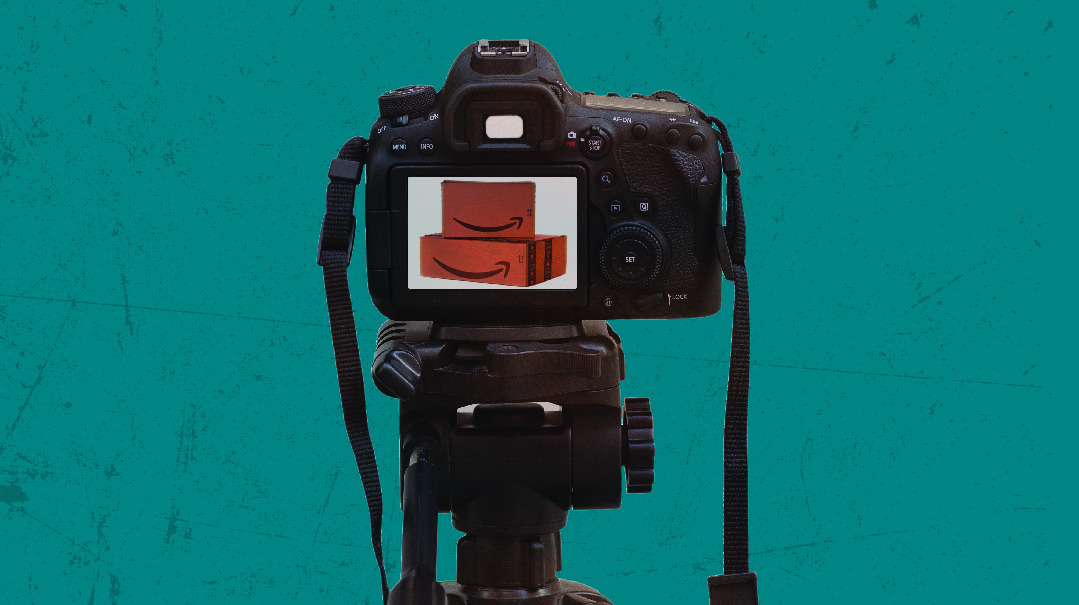Make It a Business or Keep It a Hobby?

"I love this question! You’re clearly balancing a wonderful mix of both ambition and caution, motivation and thoughtfulness"

Hi,
I’m an employee earning a decent salary and am well liked by my employer. I’ve worked in Amazon businesses, retail sales, and in education. But… I’m really a creative person, and I’ve been dreaming of doing something creative on my own. Over the past few years, I’ve been dabbling in photography and video editing. It started as a hobby, and I’ve charged entry-level rates to a few friends who have asked, and really enjoyed the process. I’m wondering how to take it to the next level and turn it into a real business. Also, I can’t afford to give up my salary, but don’t see how to juggle the two. Is there any way to make this happen, or should I keep it as a hobby?
~ Wannabe Entrepreneur
I love this question! You’re clearly balancing a wonderful mix of both ambition and caution, motivation and thoughtfulness.
I’ll try to respond to all those parts of your question here, so we respect all those areas competing for space in your mind and career.
First things first: One of the best ways to determine if you should actively pursue something professionally is if you’ve been dreaming about it for years, have the natural talent, and have had people pay you for it. Since you meet all of those criteria, I’d say it sounds like an excellent idea. I believe that dreams are powerful, and if we allow them to, they can act as a vision and guide to create our future reality.
Having talent helps, since enjoying something and being good at it don’t automatically go together. In your case, you’re lucky enough to have both. Lastly, just because you can do something you enjoy well doesn’t mean others will see the value in it. When others (besides your mother) put their money into your offer, you’ve passed the real litmus test for determining market value.
The next step is to take the leap from hobbyist to business owner. There are three steps to take to make this happen.
Step 1: Get a proper education.
Step 2: Shift your perspective and think of yourself as a businessperson.
Step 3: Create a (semi) official plan for how your business will earn money.
By a “proper education,” I don’t mean a degree in photography. I mean figure out what skills you need. Take inventory of your current abilities and determine what additional skills would make you a professional, and go about getting those. You can learn through an internship, YouTube videos, an online course, a private instructor, or any other method that will get you to mastery. The number one person you need to impress at this point is yourself, since you need to have the confidence in your abilities to be able to sell yourself.
Although the second step may seem silly, I believe it is most important. The way you think about your skill set is the way you’ll present yourself to the world. If you walk around feeling like a hobbyist, it will show up: in conversation, in pitching yourself, and in establishing your reputation. Even once you have the proper skills, your mindset has a scary amount of influence on how you’ll be perceived.
The third step, creating your plan, should be short and simple: Where does the money come in from? How much do you need to charge to make it viable, and worth your investment of time, equipment, and resources? Which market will be able to sustain that? Keep in mind that photography and video editing can be used in many different markets, with widely varying price points. Keep in mind both what you enjoy and what will pay the bills as you make your plan.
Once you’ve gone through these three steps, you’re ready to hang a shingle!
Let’s finally address the big, pink elephant in the room: how to make this all happen if you need a salary to live on.
The two best options are either having a “mindless” job, or an “experience” job during the time that you’re working on the three steps to getting started.
By mindless job, I mean the kind of job that doesn’t take much effort, stays within the confines of standard working hours, and leaves you time and energy to dedicate to your real interests. This is one of the only scenarios in which a dead-end job is ideal! If your current job sounds like this, you’re in luck :).
Otherwise, you may want to switch gears and find an “experience” job that will give you a chance to practice the skills you’re working on for your new career. Since you mentioned e-commerce background, a job as an Amazon photographer may be a good fit.
If you focus on the three steps of building up your skills, perspective, and plan, I’d estimate that within a year you’ll be ready to officially get started — on the side. Yes, you’ll likely need to work evenings, weekends, and strange hours as you build up your business. If you stick with it and commit to doing that until you’ve reached your base salary needs… you’ll be in business as soon as your bank account (and spouse) allows it!
(Originally featured in Mishpacha, Issue 871)
Oops! We could not locate your form.













